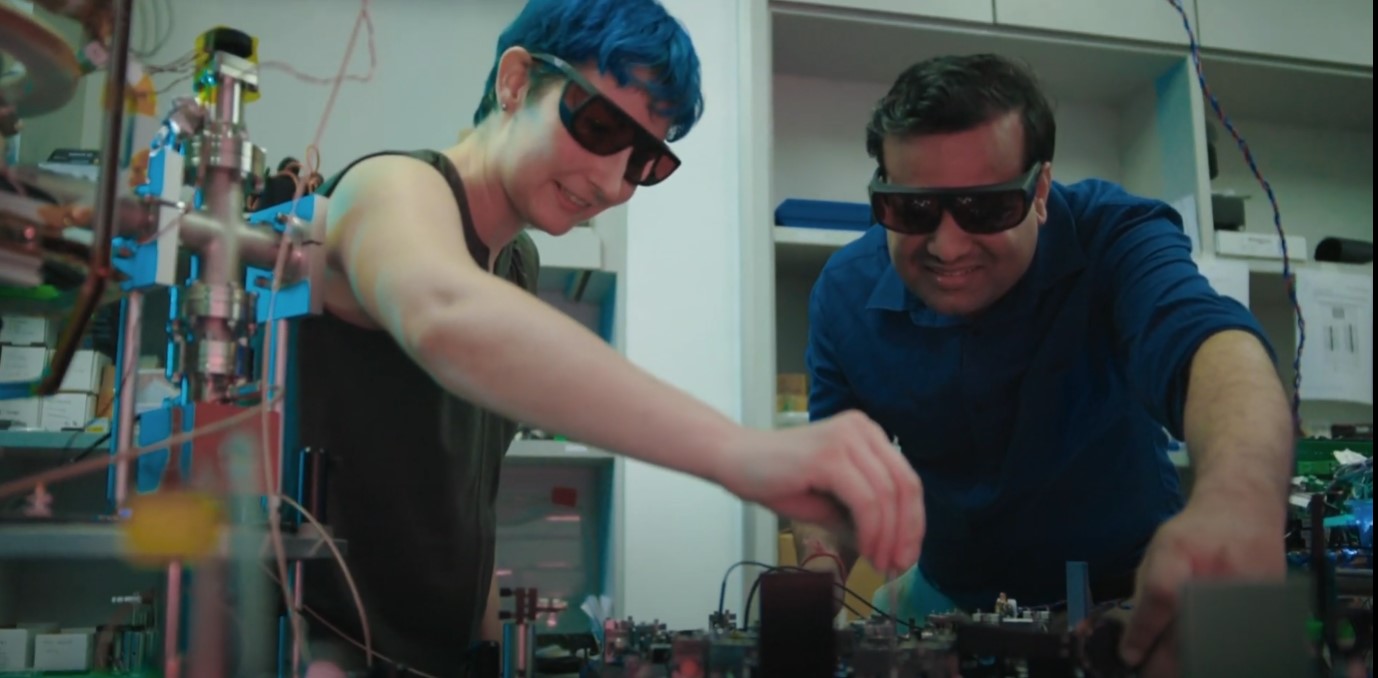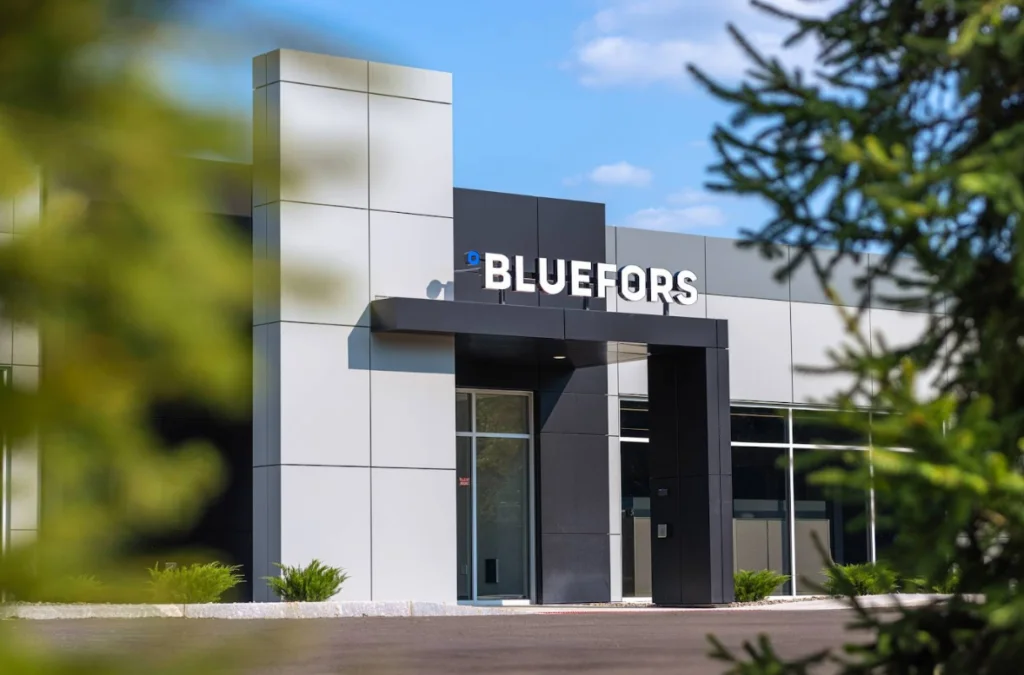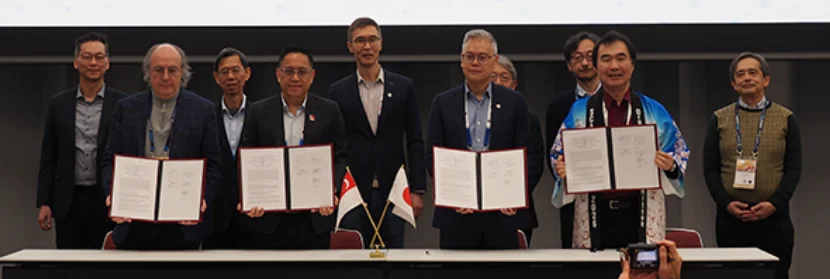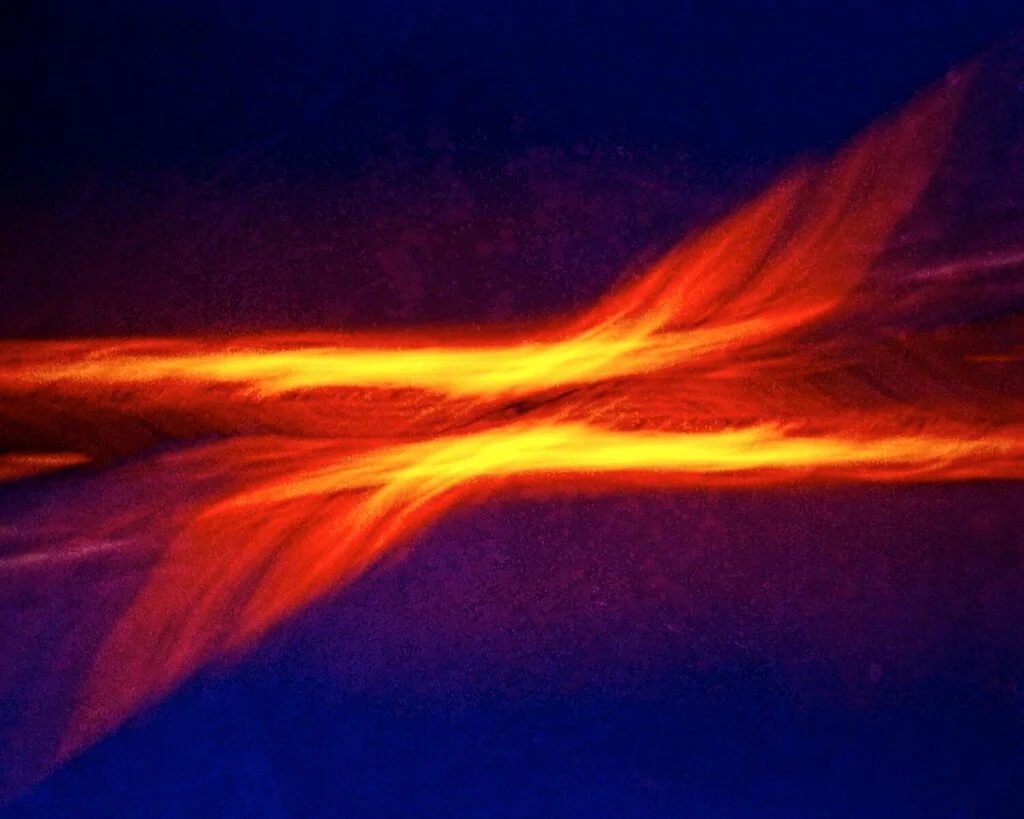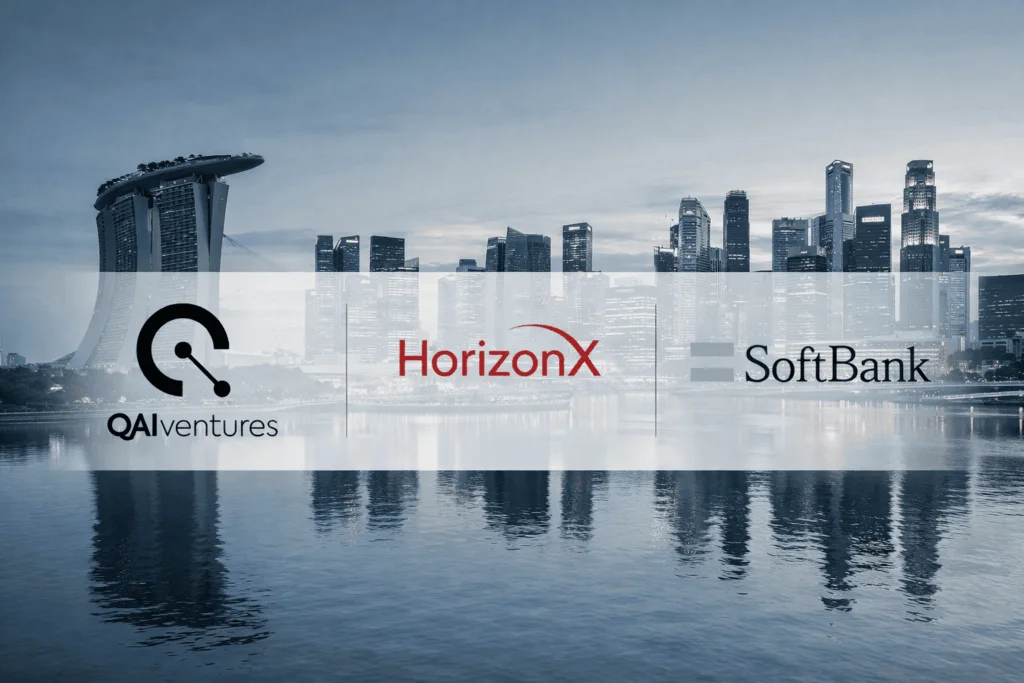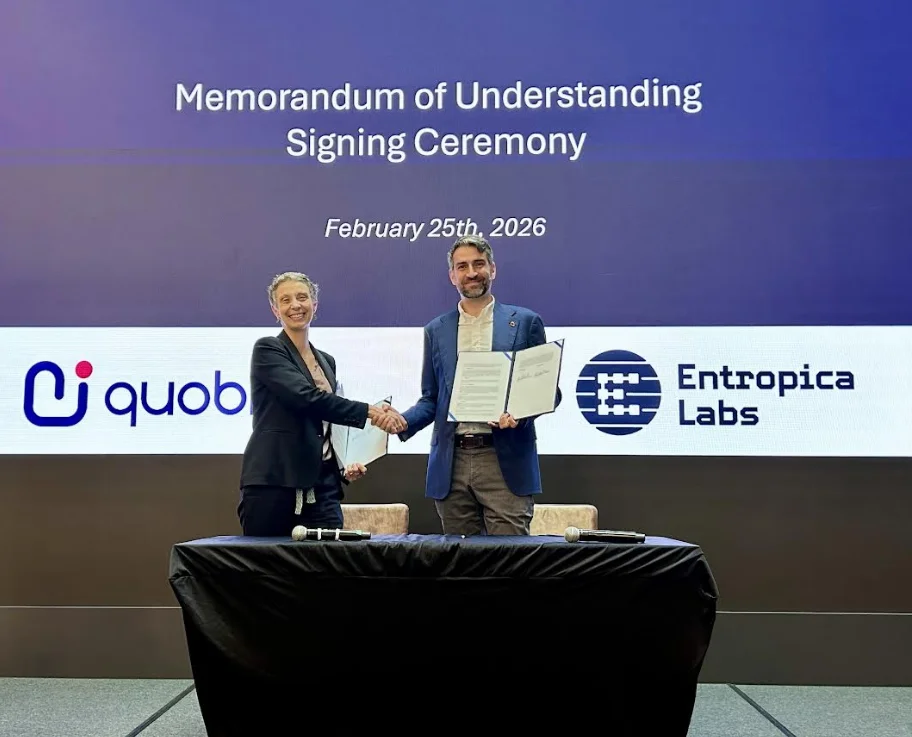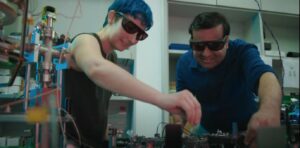
Singapore-based quantum startup Atomionics, which already employs 11 scientists and engineers, has disclosed that it received $2.5 million in seed funding to launch its operations. Atomionics is now expanding its team to accelerate development of its sensing technology.
The company was co-founded by Ravi Kumar, previously a Research Fellow at the Centre for Quantum Technologies, and Sahil Tapiawala, who are now CTO and CEO respectively. They are working towards field trials of a gravity-measuring device based on cold atoms.
The company received its seed funding in 2019 in a round led by Wavemaker Partners in partnership with SGInnovate and Cap Vista, joined by 500 Startups’ Southeast Asia-focused 500 Durians fund, Apsara Investments, 6th Horizon, Entrepreneur First, and other prominent angels.
Zhen Hao Chng, CEO at Cap Vista, Singapore Defense Science Technology Agency’s investment arm, said “Quantum sensing is an emerging area that we believe will have significant effect in national security and defence. Atomionics’ technology development will bring quantum sensing to applications outside the lab. We are pleased to help talented scientists and engineers at Atomionics to further develop the technology and bring them to fruition.”

In the next few months, Atomionics will welcome seven new employees to their team. The company has offices, lab space and mechanical facilities spread across two locations in Singapore. Their current work is focused on assembling the optical and electronics components of a quantum sensor in a robust enough form to bring it out of the lab.
The company is building a portable atomic interferometer that can measure gravity to higher precision than existing commercial gravimeters, potentially revealing information about structures beneath the Earth’s surface. It could detect infrastructure such as pipes or tunnels, or natural resources such as oil and gas or mineral deposits. The team’s goal is to make the instrument mobile enough to be used for continuous surveying.
“There has been an overwhelming demand for such robust, reliable, and surveyable quantum gravimeters from hydrocarbon and mineral exploration companies which currently end up spending significant capital and time on seismic data acquisition and analysis. Use of Atomionics’ technology can significantly reduce this dependence and cost of exploration, which will help reduce the cost of energy and democratise access to energy for the next billion people,” said Ravi.
Future generations of the technology could find additional applications in navigation. “What excites us the most is that we can build a completely new global positioning system without the need for any satellites or external signals through Gravity-Aided Navigation and Positioning that works anywhere – underwater, underground, and even in space,” said Sahil.
Source: QuantumLah
For more market insights, check out our latest quantum computing news here.

